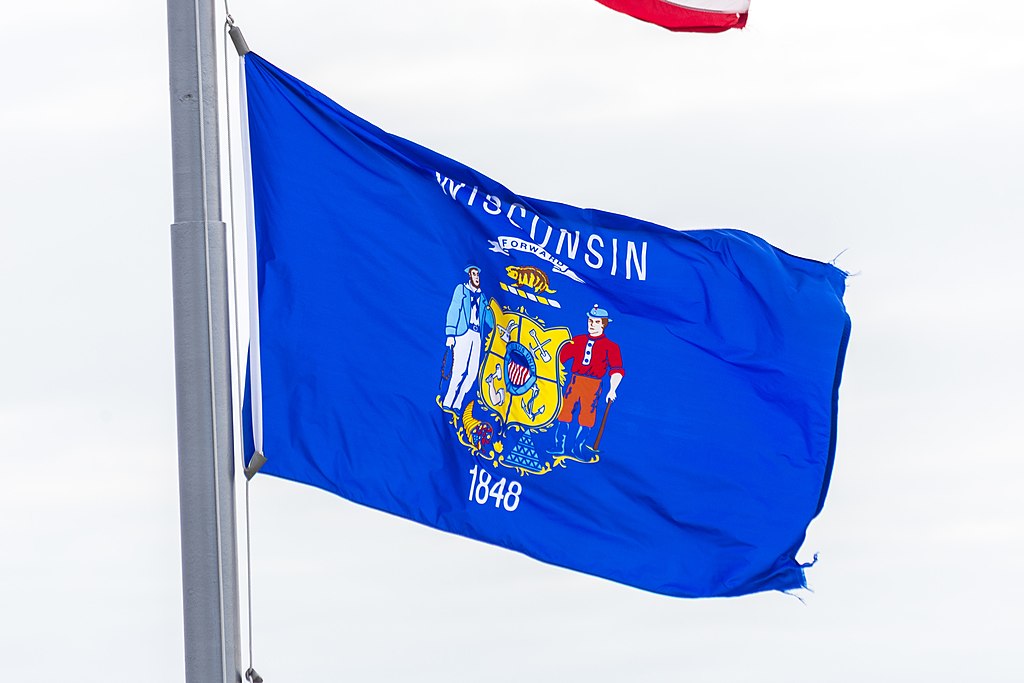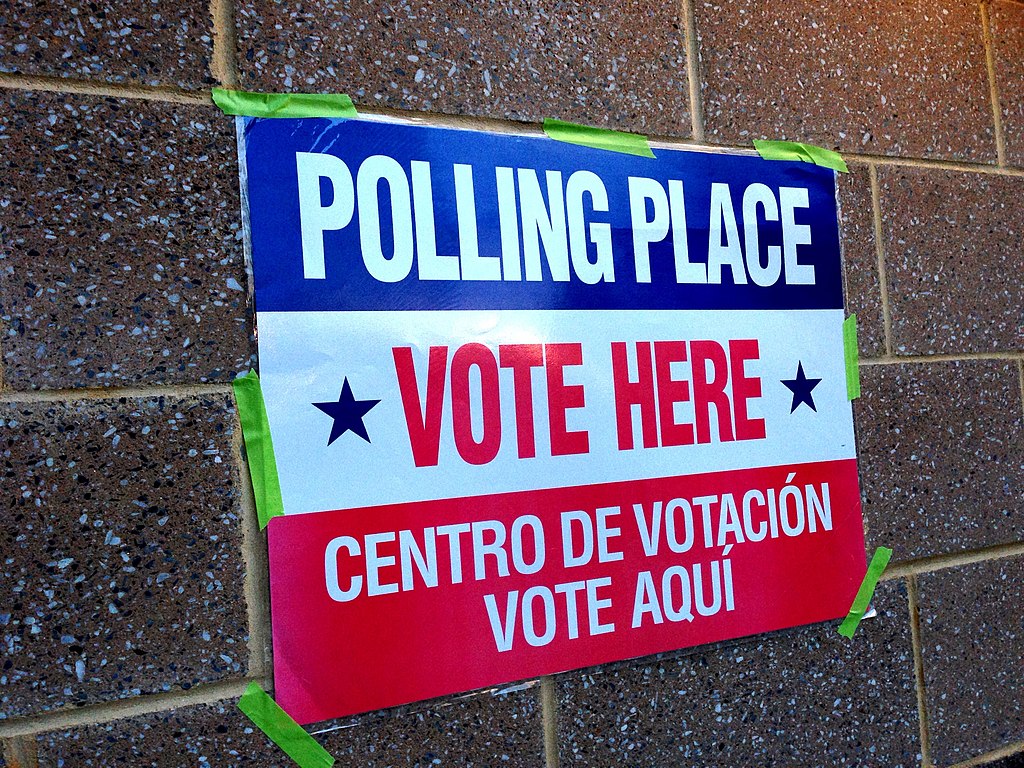Tag: wisconsin
-
How Wisconsin’s partial veto power has evolved through 95 years of ballot measures

The Wisconsin Supreme Court upheld Gov. Tony Evers’ (D) use of a partial veto in the state’s biennial budget on April 18, 2025. His partial veto extended a two-year school funding increase into a 402-year provision. At the center of the case were constitutional provisions that had been added or amended through three ballot measures…
-
Wisconsin school board president faces April 22 recall election

A recall election against Angela Hansen-Winker, president of the Wrightstown Community School District Board of Education in Wisconsin, is being held on April 22, 2025. Nicole Verbeten is running against Hansen-Winker in the election. Whoever receives the most votes will finish Hansen-Winker’s term, which is due to expire in 2026. The group Residents 4 Wrightstown…
-
Four out of five elections were uncontested in Illinois, Wisconsin on April 1

Illinois and Wisconsin held a combined 18,641 elections on April 1, primarily local elections to school boards, city councils, and other special districts. But, in both states, it was clear who the winners would be in a majority of those elections since more than four out of every five elections were uncontested. An uncontested election…
-
Jonathan Curtis and Melinda Lemke won two Wrightstown School Board seats in Wisconsin

Jonathan Curtis and Melinda Lemke defeated Amber Cox and Jeff Nelson for two seats on the seven-member Wrightstown Community School District Board of Education in Wisconsin on April 1, 2025. Lemke received 28.7% of the vote, Curtis received 25.4%, Cox received 23.3%, and Nelson received 22.7%. Curtis and Lemke, an incumbent, ran a joint campaign…
-
Wisconsin voters approve measure to add voter photo ID to state constitution

On April 1, Wisconsin voters approved a constitutional amendment to add voter photo ID to the state constitution. As of April 2, the margin was 62.74% to 37.26%. State law already requires photo ID to vote. By adding the requirement to the Wisconsin Constitution, Question 1 effectively raised the threshold to make changes to the…
-
Four candidates are running for two seats on the Wrightstown School Board in Wisconsin

Four candidates are running in the general election for two seats on the seven-member Wrightstown Community School District Board of Education in Wisconsin on April 1, 2025. Incumbents Melinda Lemke and Jeff Nelson and challengers Amber Cox and Jonathan Curtis are running. Lemke and Curtis are running a joint campaign for the two seats up…
-
Three candidates are running in the general election for Wisconsin’s Superintendent of Public Instruction

Incumbent Jill Underly, Brittany Kinser, and Adrianne Melby are running in the general election for Wisconsin’s superintendent of public instruction on April 1, 2025. Underly was first elected in 2021, defeating Deborah Kerr 57.6% to 42.3%. Underly is campaigning on requesting more funding for state schools from the state legislature and says, “Our state has…
-
Wisconsin voters have decided on 257 ballot measures since statehood

Ballotpedia completed an inventory of all Wisconsin ballot measures since 1846, when voters decided on a ballot measure to form a state government. Wisconsin decided on 257 ballot measures between 1846 and 2024. Of these, 184 measures (71.6%) were approved, while 73 (28.4%) were defeated. Only the Wisconsin State Legislature can place a ballot measure…
-
Three candidates are running in the nonpartisan election for Wisconsin’s Superintendent of Public Instruction

Incumbent Jill Underly, Brittany Kinser, and Jeff Wright are running in the nonpartisan primary for Wisconsin’s superintendent of public instruction on Feb. 18, 2025. The top two finishers will then run in a general election on April 1, 2025. PBS Wisconsin’s Steven Potter wrote, “Although the position is described as non-partisan, the job of running…
-
Update on 2025 and 2026 ballot measure certifications: Wisconsin certifies Voter ID Amendment for April 1

The number of certified ballot measures for 2025 and 2026 is trending above the average as of Jan. 21, 2025. For 2025, six statewide ballot measures have been certified in three states—Louisiana, Ohio, and Wisconsin. Six is three measures more than the average of three for this point in an odd-numbered-year election cycle since 2010.…

